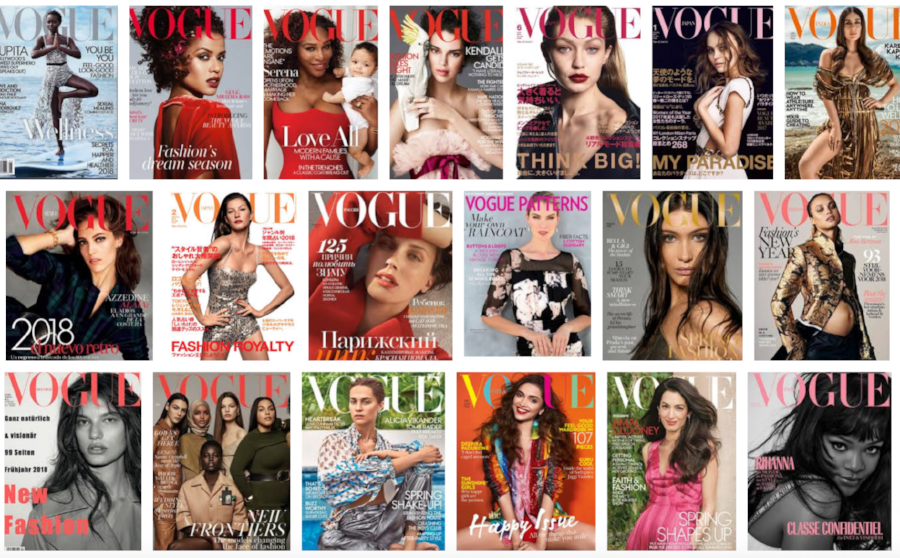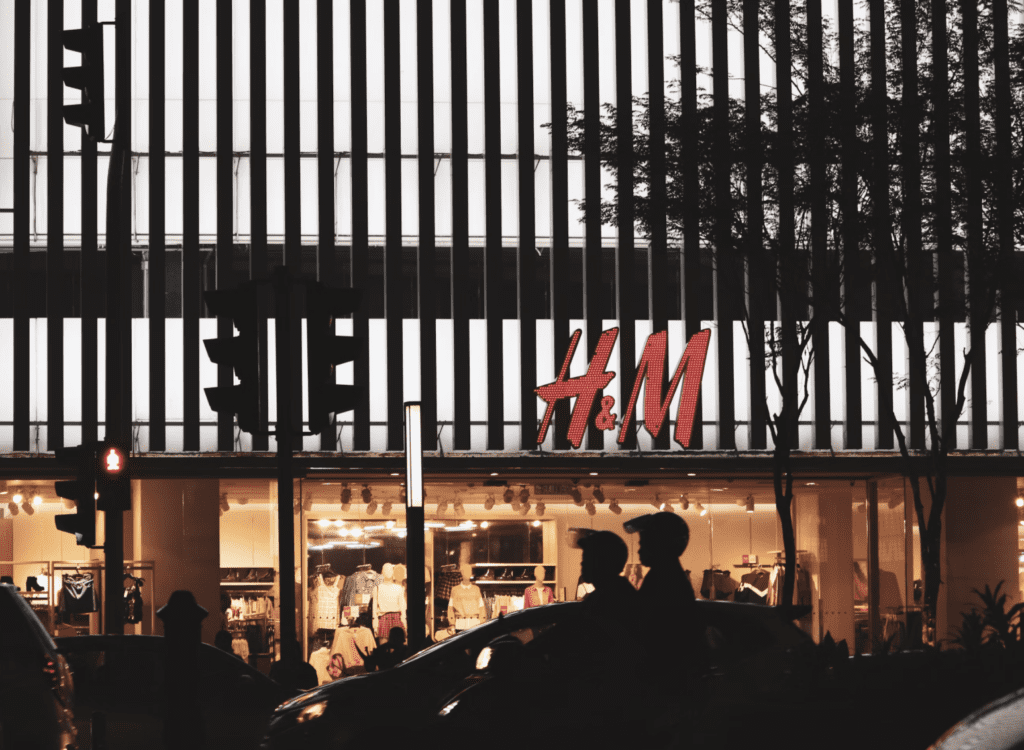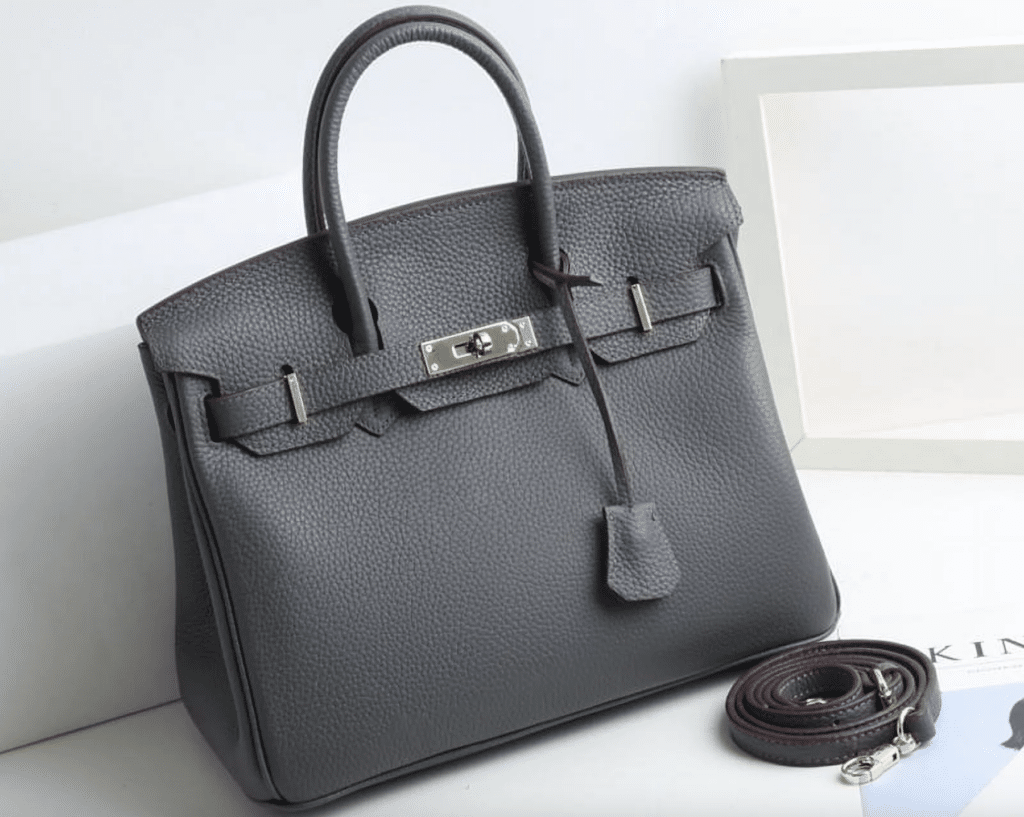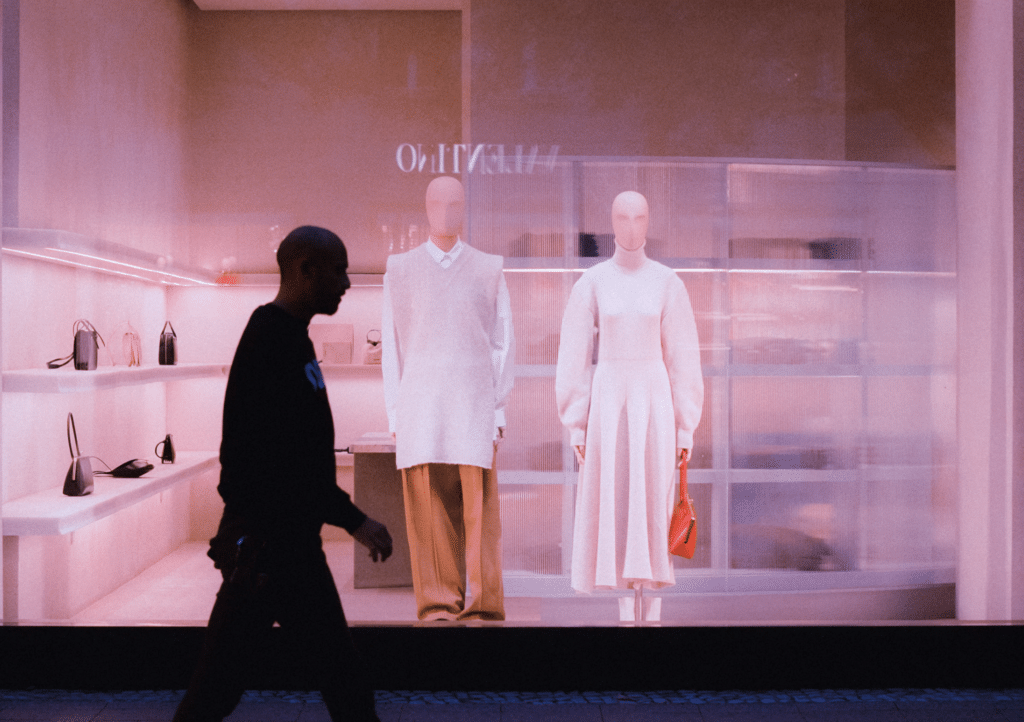
images via Google
The best companies to work for in the U.S.? Forbes partnered with market research company Statista to figure it out. In order to identify the companies liked best by employees, Statista surveyed 30,000 Americans working for businesses with at least 1,000 employees, asking them to rate (on a scale of zero to 10) “how likely they would be to recommend their employer to others,” and then ranking the 500 large (those with more than 5,000 employees) and 500 midsize employers (those with between 1,000 and 5,000 employees) that received the most recommendations.
In terms of ranking of “America’s best employers for women,” Statista surveyed 40,000 Americans, including 25,000 women, working for businesses with at least 1,000 employees. “The final list,” according to Forbes, “ranks the 300 employers that both received the most recommendations and boast the most gender diverse boards and executive ranks.”
According to Forbes, some of the names on the lists “may be surprising to some observers,” particularly when speaking about the best employers for women. For instance, “Google appears on our [large companies] list in the No. 17 spot, although the company garnered a great deal of negative attention in 2017 with the release of then-software engineer James Damore’s memo about men’s and women’s differing abilities.” Google’s placement on the list – in the #3 spot, following tire empire Michelin Group and Trader Joe’s – “reflects the thoughts of its employees.”
Similarly, Nike – which has also faced no short of backlash for what the New York Times described this spring as a “toxic culture” for female employees, including claims of sexual harassment and discrimination – is also on the list of large employers … in the #154 (of 500) position, while Amazon sits in the #324 spot, adidas in #342, and LVMH – which is the parent to Louis Vuitton, Christian Dior, Givenchy, and Celine, among other fashion and non-fashion brands – ranks at #343.
Also ranking poorly? Puma, which fills the #498 spot on the list.
Of the mid-sized companies the top five include Penguin Random House, New Balance, Wellmark Blue Cross and Blue Shield, PCL Construction, and St. Jude Children’s Research Hospital, while Condé Nast – which is the publisher of Vogue, W, Vanity Fair, and Architectural Digest, among other titles – ranks very poorly, occupying the number 402 (of 500) position.
Maybe the most striking list is the “Best Companies for Women” on which Principal Financial Group, Penn Medicine, and Hallmark Cards, BayCare, and Oregon Health & Sciene University are the respective top 5, followed by Sephora in the #15 spot, H&M at #23, Gap at #66, Condè Nast at #96, LVMH at #114, Nike at #205, Nordstrom at #242, and Amazon at #269. (Do note: H&M, in particular, is not known for emphasizing transparency in terms of the treatment of laborers within its supply chain, which consists largely of women, and neither is Gap).
Still yet, of the “Best Employers for Diversity,” a list that included 250 companies, Northern Trust, Smithsonian Institution, Levy, Intuit, and Harvard University rounded out the top 5, while the number of fashion/retail entities was few, with Coach at #74, H&M #92, Gap #116, Estèe Lauder #137, Sephora #145, Nordstrom #147, Amazon #186, and Nike #238.
On a final note, it is not clear how many of the companies on the various “Best Companies” lists are active Forbes advertisers.











